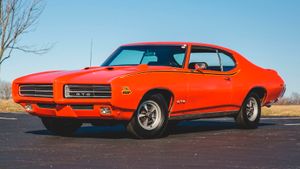And he’s not the only one…
The thing about living in a pluralistic society where people have different perspectives and opinions on a myriad of topics is that you have to be tolerant to those who think differently than you, at least to a point. Not everyone is going to be a gearhead like me, and I get that, so they might not understand car culture and why anyone would want to own a 700-plus-horsepower vehicle. That’s cool, I don’t understand pumpkin spice lattes or Italian designer handbags.
Learn why authorities in the UK crushed a modified BMW M3 here.
That’s how I could look at a recent opinion piece published by Above The Law. In it, Steven Chung, who is a tax attorney, questions why the government can’t just limit the speed of all cars on the road. After all, going fast kills people and so keeping cars from going too fast keeps everyone safe, or so that point is argued constantly.
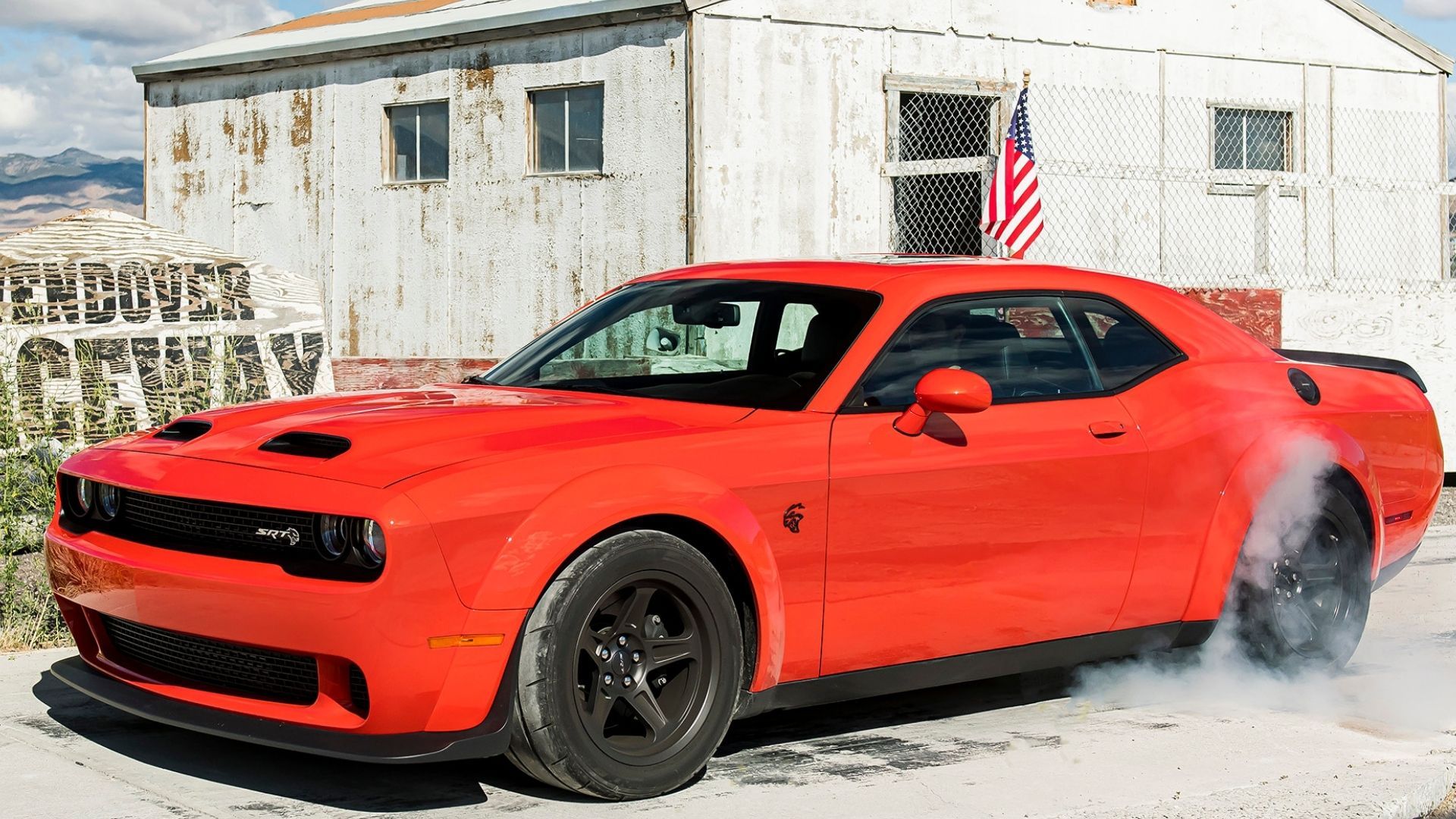
The other thing about living in a pluralistic society with diverse opinions and perspectives is that you still must have a basis of shared values to make it work. One of the founding principles of the United States was the protection of personal freedoms. The Constitution wasn’t written primarily to restrict the freedoms of the people (although it does that in some instances) but instead was aimed mostly at limiting the power of the government to encroach on personal freedoms like unlawful search and seizure, limiting free speech, not allowing free association, standing in the way of free commerce, etc.
On its face, Chung’s piece might seem really reasonable. He probably thinks it is. I’m not attacking him personally, he might be a really nice, principled guy. However, this unquenchable desire to limit what everyone in society can do with their car will lead to nowhere good.
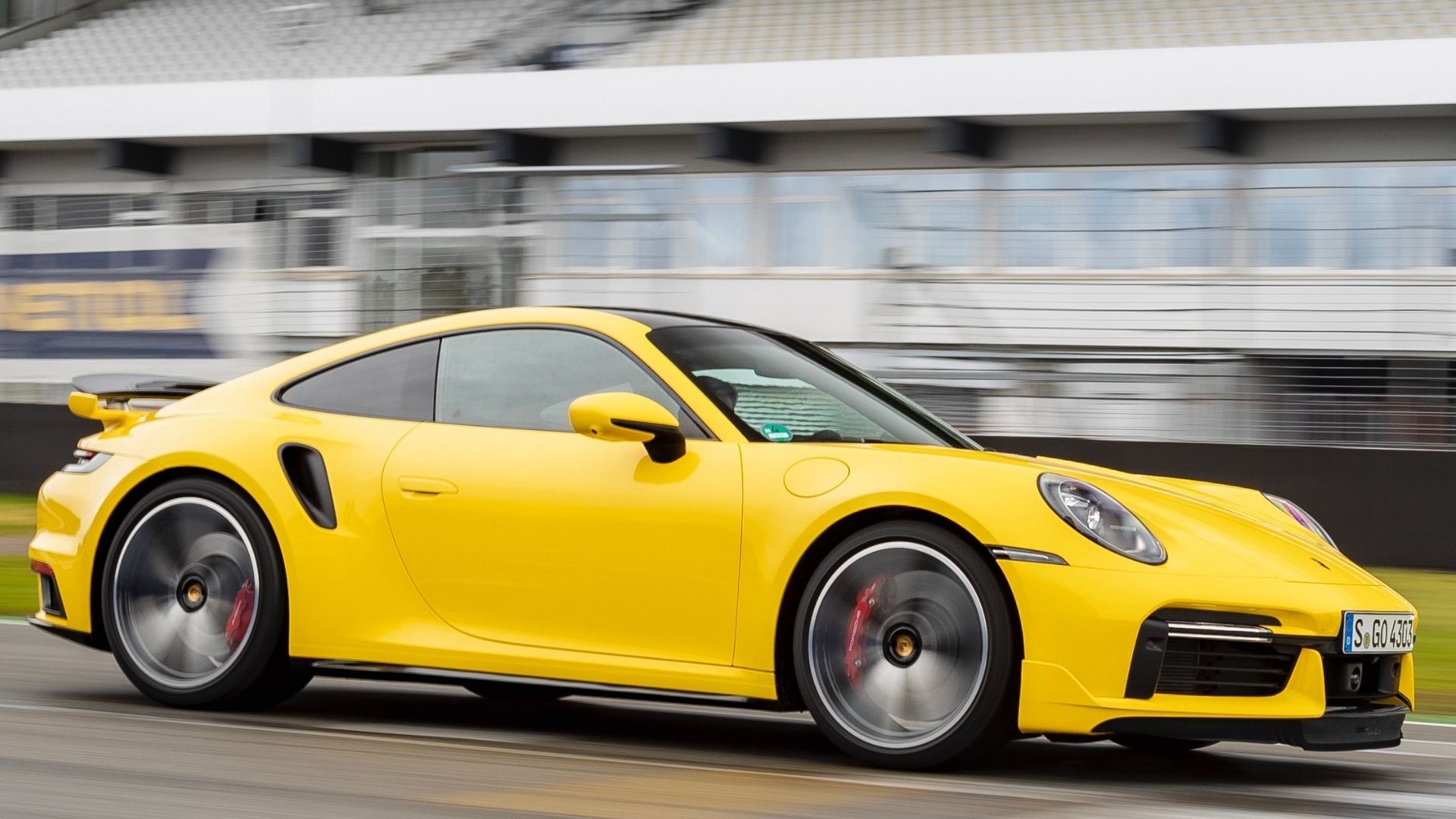
While speed can be dangerous, it’s not the only dangerous thing about cars. Distracted operation along with intoxicated operation pose a much greater risk on today’s roads. A clear illustration of this is the Autobahn. The way licenses in countries such as Germany are issued doesn’t make it a one-to-one comparison, but there isn’t an excessive number of fatal accidents on stretches without a posted speed limit. By Chung’s own logic that shouldn’t be, yet it is.
In the United States, most people with performance cars aren't pushing them to 208 mph on public roads. After all, when you shell out six figures for a rare vehicle, the last thing you want to do is obliterate it and probably kill yourself in the process. Many media outlets clutched their pearls about the Dodge Demon when it came out, including some car sites. However, we don't see those wrecking out at ridiculous speeds on public roads, and there's good reason for it.
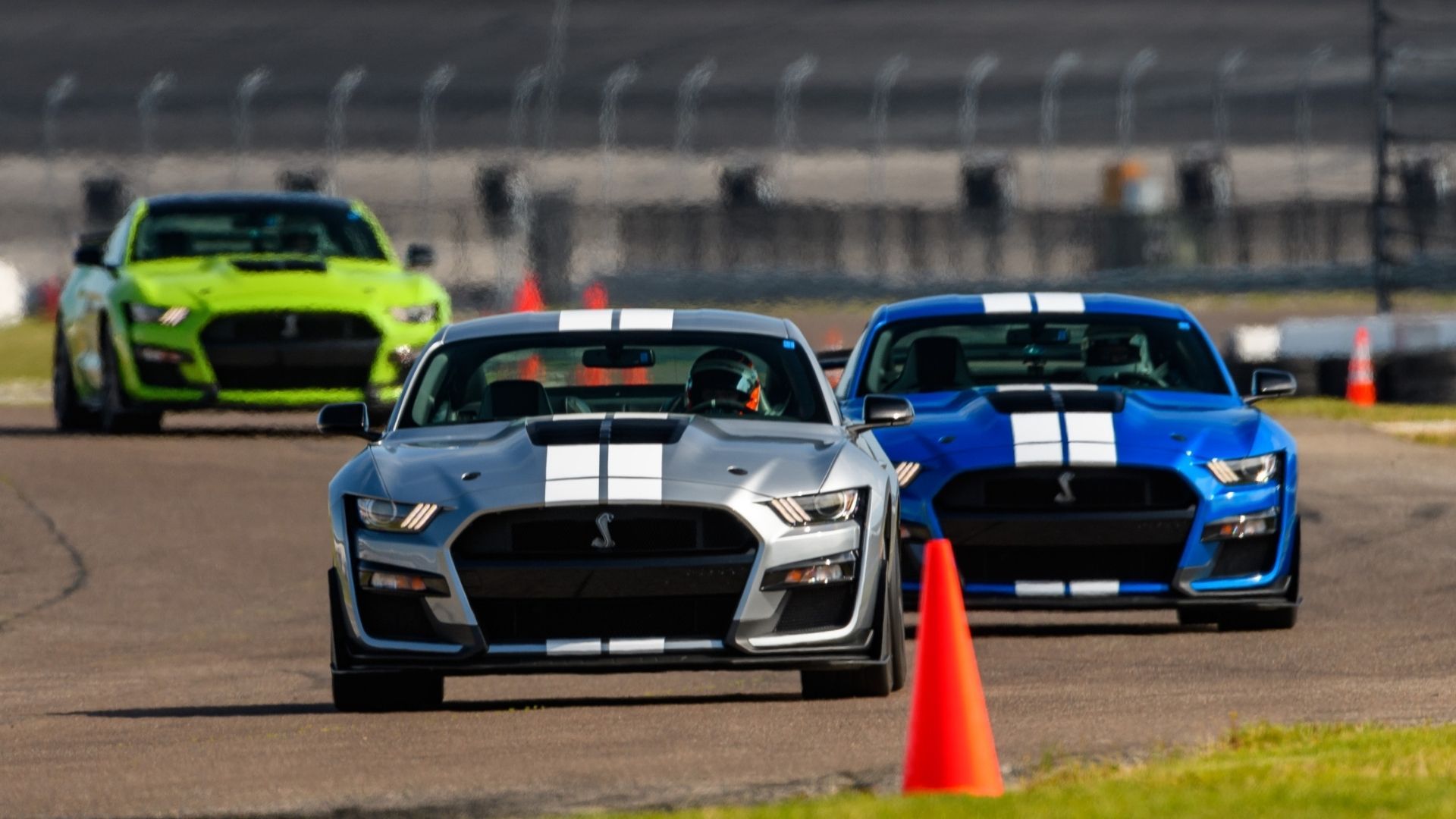
Having covered illegal street racing for some time, and observing it for much longer, I can say most people who participate in it own downline models, not the ultra-powerful cars Chung mentions in his opinion piece. There's a psychological explanation for that, but getting into it would lead to a huge tangent.
Chung uses the example of the Ford Model T topping out at 45 mph. What he fails to recognize was the Model T wasn't a super hot car for its time. There were automobiles which could go much faster.
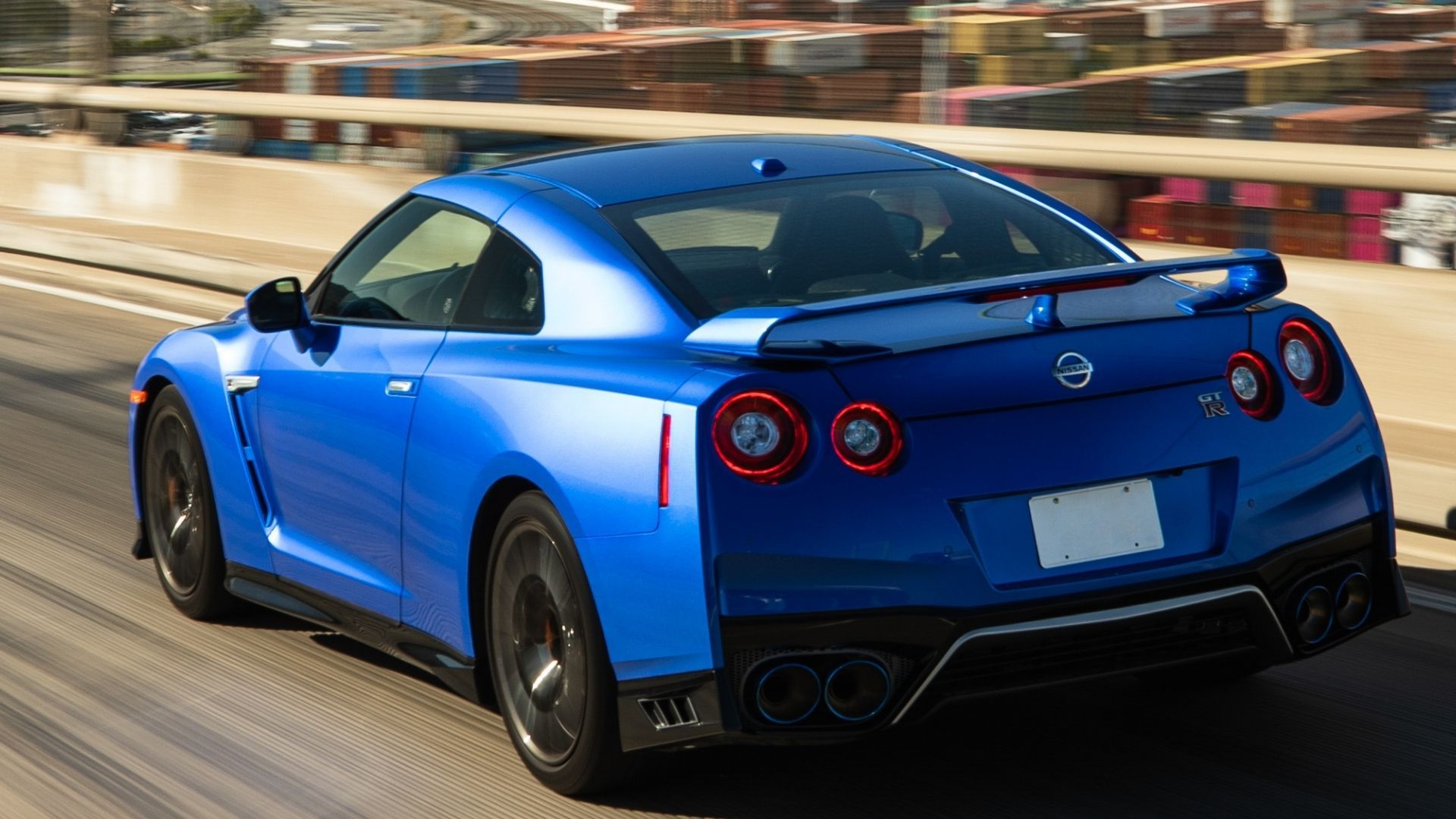
Then he points out that quick cars from the 1980s might be considered average by today’s standards. What a time to be alive! Apparently, this is a bad thing because people might exercise that kind of freedom in the wrong ways. Last time I checked, that’s what law enforcement was for, pulling over people who are speeding and issuing citations. There are other ways to discourage speeding which don't involve government domination. In this utopian society where the government controls the speed of your vehicle, everyone would be forced to obey the law as personal choice is eliminated. Of course, such a move wouldn’t stop at just limiting the top speed of your car, so consider that.
Another point Chung doesn’t seem to understand: road-registered cars can drive on surfaces other than public streets. That’s right, a lot of these people who buy the fast cars which have the cult of safety members all twisted up in knots take them to tracks or private roads where they can actually use all that performance legally. If the limiting of a car's top speed was hardwired in, that kind of unrestricted freedom when you’re not on public roads would be annihilated. But there is a modern solution.
It’s not just Chung who has fantasized about the government limiting how fast cars can drive. There have been plans proposed where the city infrastructure wirelessly connects to vehicles and won’t allow them to accelerate beyond the speed limit on any given stretch. This type of thinking has been especially prevalent in restrictive nations like China and the UK. That in turn means the government is tracking where you go in your car. If that doesn’t concern you, you’re not thinking deeply enough about what that really means.
Sure, it would be great to live in a society where things like illegal street races and guys in Audis weaving through heavy traffic didn’t exist. But the better solution isn’t a more restrictive government since an institution given such power doesn’t stop at just what’s necessary.





